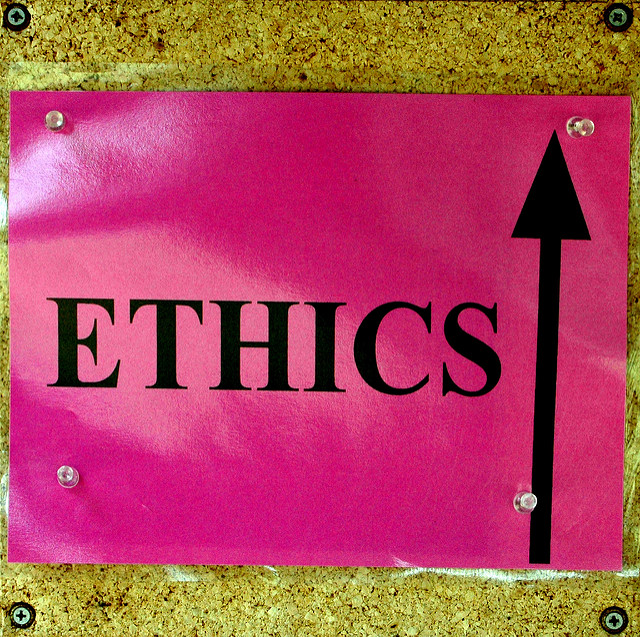
March 2, 2017; Politico
It’s a sentiment shared by many nonprofit organization senior staff and board members: Resources are tight, we’re managing with mission in mind, so wise administrative moves like providing ethics training are lower priority and easy to cut from budgets and schedules. Then problems come, amplified by public disclosure, and the decision to forego formal training looks especially shortsighted.
The most recent illustration of this fallacious thinking is the Trump White House. The George W. Bush and Obama administrations received the training as part of their respective transitions. The Trump team was slated to do the same, and the General Services Administration (GSA) had already issued a request for quote (RFQ). The cost of the training for senior White House aides and Cabinet nominees was estimated at about $1 million.
Shortly after Trump’s election, however, a letter was sent to GSA and bidders saying that “the transition team shifted its priorities,” according to Politico.
As a result of a change in Presidential Transition Team leadership after the Nov. 8, 2016, election, there have been changes in the PTT’s goals for the political appointee orientation program.
Sign up for our free newsletters
Subscribe to NPQ's newsletters to have our top stories delivered directly to your inbox.
By signing up, you agree to our privacy policy and terms of use, and to receive messages from NPQ and our partners.
The change? Vice President-elect Mike Pence took over leadership of the transition process from Gov. Chris Christie (R-NJ) shortly after some his aides were found guilty of offenses related to the “Bridgegate” politically-inspired bridge lane closure scandal. Under Pence’s leadership, the team decided to undertake all training activities internally instead of contracting for services. The Trump team’s goal was to minimize transition expenses as a symbol of its promise to be frugal with taxpayer dollars, and it ended up returning to the government millions in unspent transition funds.
The costs of this frugality, however, appear to make the budget-cutting success look like a Pyrrhic victory. Despite White House descriptions of past and ongoing internal ethics training, some political appointees at cabinet agencies report receiving “very little training.”
“It looks like a good program, and I wish they had implemented it,” said Norm Eisen, a White House ethics lawyer in the Obama administration who now leads the watchdog group Citizens for Responsibility and Ethics in Washington. “It might have spared them the numerous ethics and other messes they have encountered.”
Probably true. Regardless of whether formal training would have helped, the fact of formal training having been delivered would at least have demonstrated the administration’s due diligence and regard for the importance of operating in an ethical manner. It’s an important point for nonprofit leaders to keep in mind when designing and budgeting for their own ethics and governance training activities.—Michael Wyland













